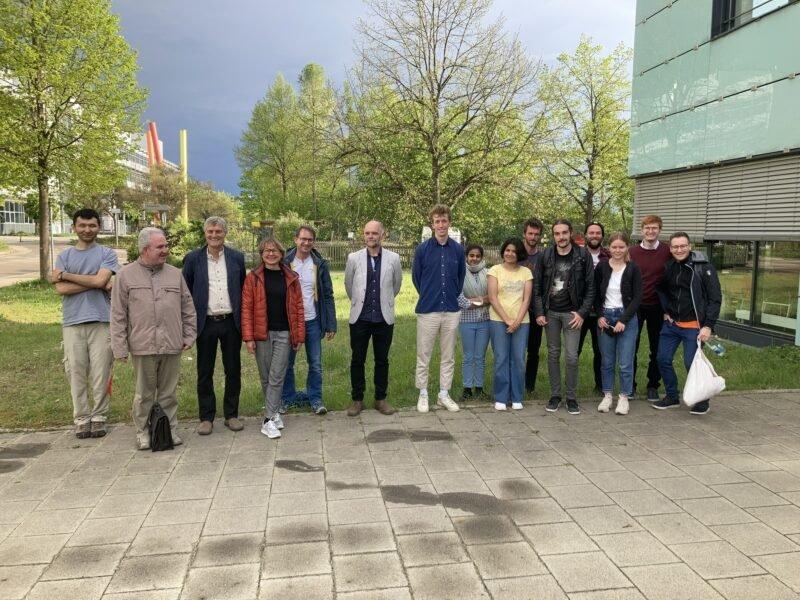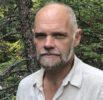The Philosophical and Theological Origins of the Modern Concept of Nature
In a seminal essay, the medieval historian Lynn White argued that the environmental crisis is born of a technological attitude to nature which is unique to the modern scientific worldview. This attitude regards nature as a resource, manipulable object, and quantifiable matter, at the disposal of human beings for their self-improvement. White argues that the attitude is not universal but historically contingent. It is born of medieval European, philosophical and theological assumptions about the human beings’ place in the cosmos—assumptions that are strikingly different from those of Ancient Greeks, Asians, and indigenous peoples. White concludes that the environmental crisis will not be solved by technical or political means alone, but requires a reform of these primordial historical assumptions. This is precisely our objective in this course: a deconstruction of the modern concept of nature which will allow us to critically examine its philosophical and theological roots in late medieval and early modern philosophy. We will focus on three seminal figures in this regard: Thomas Aquinas, Nicolaus Cusanus, and Francis Bacon, in order to track the development of the concept of nature through three historical phases. Nature is conceived, first of all, as the finite effect of a transcendent cause (Aquinas); secondly, as a derivative, quantifiable infinity and image of the true infinite (Cusa); and finally as a repository of hidden information that can be extracted and put to the service of the human project (Bacon). The relationship of these three concepts to one another shall be examined, and the question raised: Is this development of the concept of nature the only possible one? Or does the medieval European attitude bear within it alternative, more sustainable possibilities of development?
The course will serve as an introduction to the deconstructive, hermeneutical approach to the history of philosophy invented by Martin Heidegger in his 1927 magnum opus, Sein und Zeit.


